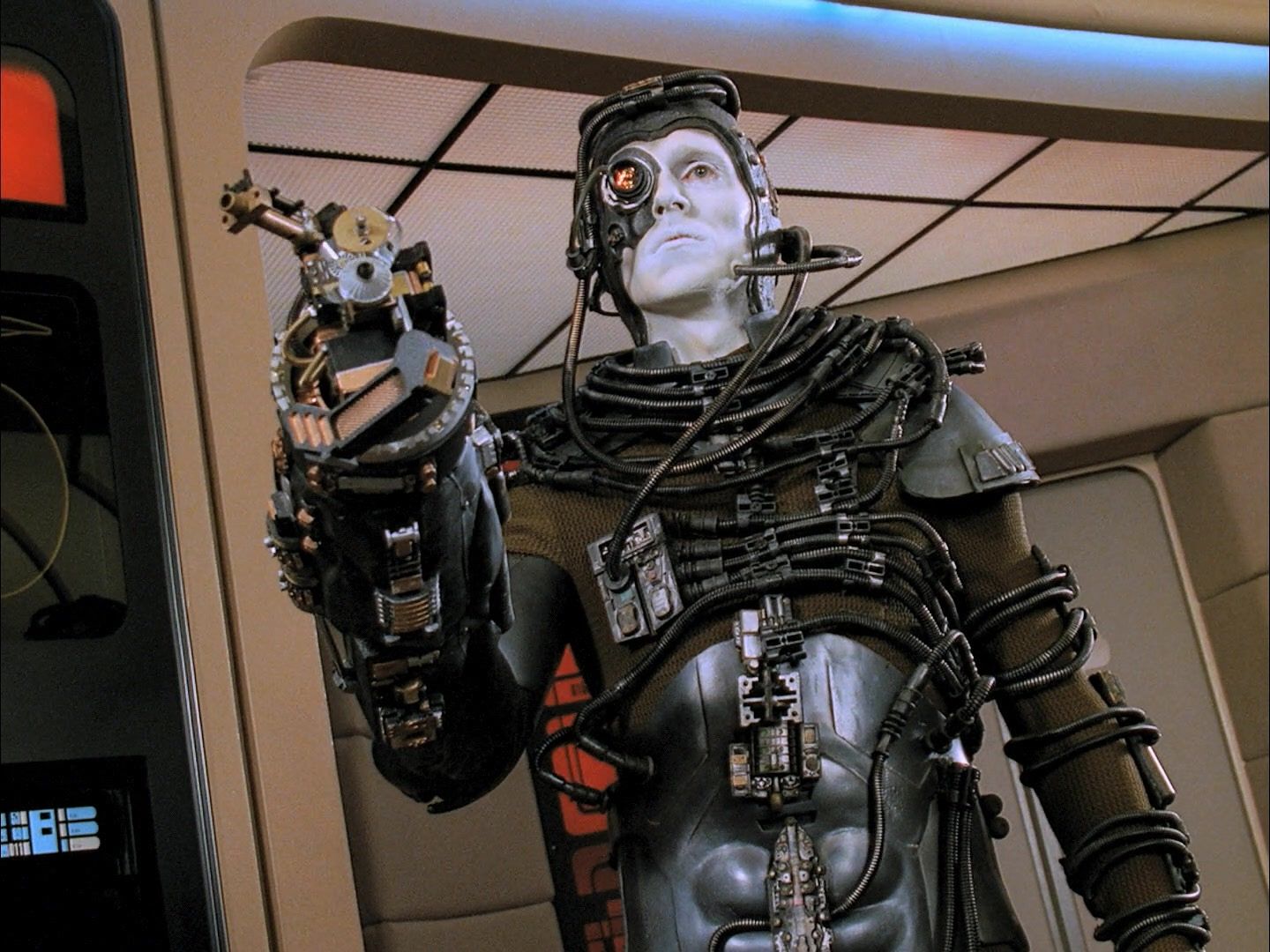AI, Bio Computing, and it's Impacts
Sun 03 November 2024
Artificial Intelligence

When you hear the term A.I., what comes to mind? Terminator? The computer from Space Odyssey? Video game AI? These are all small examples of artificial intelligence. AI exists to solve many problems, but one major one is the problem of combinatorial explosion, where a problem's solution becomes more complex as the problem's complexity grows. Some problems are complex but have simple answers, while other problems seem simple but require complex answers, while others have a solution that grows in complexity with the problem.
In computing, this has the effect of developers writing more complex, error-prone code to solve these problems, which require a complex solution. A.I. can make decisions based on its own "experience" rather than relying on a developer to code for every possible contingency.
Bio Computing
 Biocomputing is a real science fiction sounding thing, but make no mistake, it's very real and very cool! Biocomputing is the study, research, and development of computer systems that run on biological constructs. Using neurons to make a computation or DNA to store data. These are examples of biocomputing.
Biocomputing is a real science fiction sounding thing, but make no mistake, it's very real and very cool! Biocomputing is the study, research, and development of computer systems that run on biological constructs. Using neurons to make a computation or DNA to store data. These are examples of biocomputing.
Have you ever heard of the Borg from Star Trek? That's a great scifi example of biocomputing. If you don't know, the Borg are a fictional race from the Star Trek universe who are augmented with computerized implants to take over certain bodily functions as well as connect them to the "Hive Mind." We have computer implants right now that perform important biological functions for their users.
- Loop Recorder
- Pace Maker
- Ocular Implant
I was reading an article yesterday about researchers who were able to get DOOM to run on Neurons. Another really cool example is researcher who used a species of slime mold to map out the most efficient route between cities in Japan. And the slime mold possesses no brain. Yet it can find the most efficient rout in a fraction of the time that Japan's engineers were able to.
How it effects us all
Everyday Life
The effects of this technology on everyday life is yet to be seen but, society has wasted little time integrating A.I. into every aspect of life, which has been as helpful as it has been divisive. It has come with all sorts of implications from artists feeling threatened because of generative AI to being paranoid that everything you see online is made by AI instead of someone putting in work. YouTube videos, you might even wonder if this article was written by AI (it wasn't). A.I. is another tool that we must be mature enough to use, or we will live in fear of it and it won't end well. A.I. allows users to perform more work in less time, but I feel it also makes that work less rewarding. If I generated this article than I wouldn't get as much out of it as I am sitting next to my wife writing it by hand. On the other hand, medical research, security, among other things is where I feel that A.I. will shine.
Moral Implications
We talked a little about the morals of A.I. above but here we will go more in depth. One of the main issues with A.I. is who owns the content generative A.I. generates? This content is being created by A.I. trained using millions of images of art from different artists, it basically learns and replicates just like a human. There is nothing new under the sun, we do things the same way just slower. An artist looks at other artists work for inspiration, so in that case is the art produced from that artist original since its inspired by experience?
We are missing something important here, inspiration doesn't only come from experience gained from other's work; but from our experience in life and that's where the AI will fall short I think. The depth of anything generated by A.I. will be limited because A.I. has no life experience to look to for inspiration. They can only copy.
Even so this hasn't stopped many from being fearful of A.I. to the point of avoiding it entirely, while I myself am worried about the negative impact it will have on our own problem solving abilities.
If you made it this far thanks so much for reading! Keep checking back here on my blog for new posts about technology, life, philosophy and more! Thanks for reading, and this was my two beans.